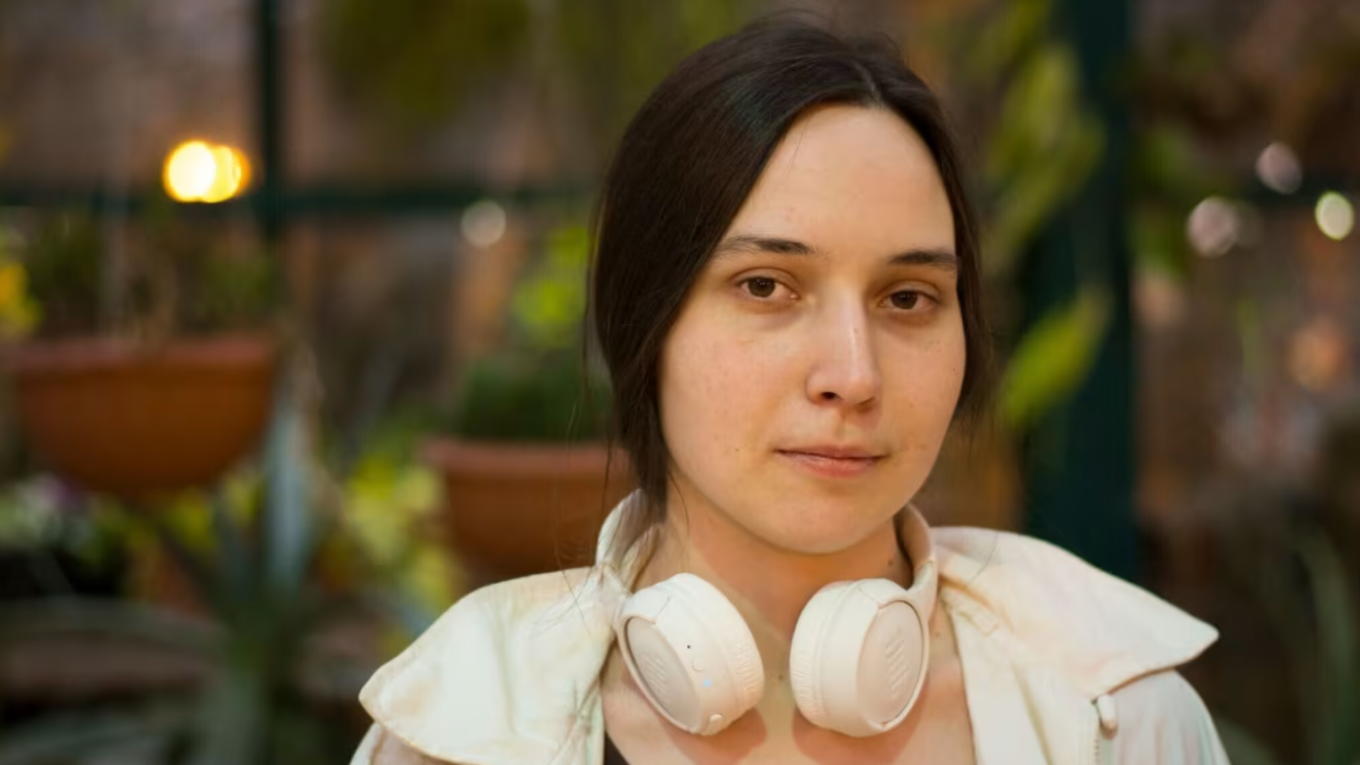Russian scientist and Harvard Medical School researcher Ksenia Petrova was released on bail after being held in U.S. federal custody for allegedly failing to declare scientific samples she brought into the country, The New York Times reported Thursday.
Petrova, 31, was formally charged last month with attempting to smuggle frog embryos and embryonic samples into the United States. The charge, commonly used in cases involving illegal imports of exotic or endangered species, carries a maximum penalty of 20 years in prison or a $250,000 fine.
The charge stems from a Feb. 16 incident at Boston Logan International Airport, where customs officials stopped Petrova upon returning from France. Authorities revoked her research visa after determining she had failed to properly declare the samples. She was then transferred between multiple immigration detention facilities.
Petrova’s attorney, Gregory Romanovsky, told The Moscow Times in a letter last month that the charge was “outrageous and legally indefensible,” arguing that the non-living frog embryos were not classified as restricted biological materials under U.S. customs law and did not require a permit.
A magistrate judge in Boston ruled Thursday to release Petrova on bail, allowing her to return to her apartment ahead of her next court appearance, scheduled for next week.
Romanovsky told NYT that Petrova is currently unable to work due to her visa status. U.S. authorities have initiated deportation proceedings, and she has not yet decided whether to remain in the country, the lawyer said.
“She has offers from different countries around the world, countries that are eager to support the research that she is doing,” Romanovsky said. “She is weighing her options at the moment, and she is very grateful to be out.”
Petrova has said she fears arrest or worse if deported back to Russia due to her political activism. She was reportedly arrested in Russia in 2022 for protesting the full-scale invasion of Ukraine.
A Message from The Moscow Times:
Dear readers,
We are facing unprecedented challenges. Russia's Prosecutor General's Office has designated The Moscow Times as an "undesirable" organization, criminalizing our work and putting our staff at risk of prosecution. This follows our earlier unjust labeling as a "foreign agent."
These actions are direct attempts to silence independent journalism in Russia. The authorities claim our work "discredits the decisions of the Russian leadership." We see things differently: we strive to provide accurate, unbiased reporting on Russia.
We, the journalists of The Moscow Times, refuse to be silenced. But to continue our work, we need your help.
Your support, no matter how small, makes a world of difference. If you can, please support us monthly starting from just $2. It's quick to set up, and every contribution makes a significant impact.
By supporting The Moscow Times, you're defending open, independent journalism in the face of repression. Thank you for standing with us.
Remind me later.






